It’s time for a US push to end the war in Ukraine
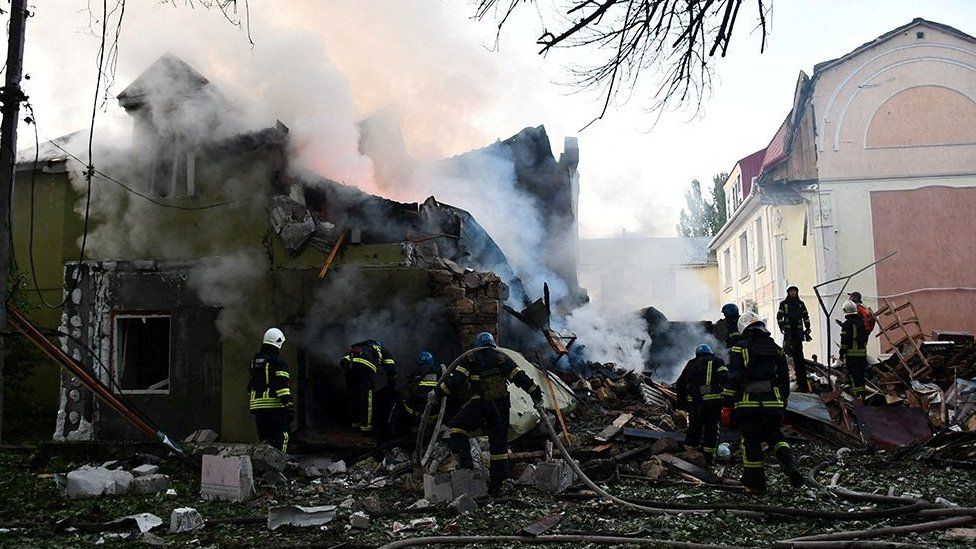
With a long, bloody stalemate on the horizon, the conflict’s negative ripple effects worldwide will continue to mount.
By Mark Hannah, Senior Fellow
This article appeared in Responsible Statecraft on July 18, 2022.
Two months after Ukrainians impressively repelled Russia’s attack on Kyiv, the war is taking a different course.
Russian troops are consolidating their gains in Donbas as up to 1,000 Ukrainian fighters are killed or wounded daily. This puts the war on track to be among the bloodiest in modern history. Despite the delivery of heavy weaponry from the West, Ukraine is outmatched by Russian artillery — for each shell or rocket fired by Ukraine, Russia fires about ten. The war has been difficult to predict, but time is not on Ukraine’s side.
So the time for aggressive diplomacy in Ukraine is now, and the recent G7 and NATO summits, and the G20 foreign ministers meetings last week, were colossal missed opportunities to restart the peace process. Rather than strategizing about how to extract the best terms from a Russia that appears ready to negotiate, leaders of the most powerful democracies have worked to “starve” Russia of oil money and further “weaken” the Russian military, and even resorted to schoolyard taunts to Putin. This during a moment when we most need the adults in the room to help de-escalate the conflict.
There is still time — and leverage — to achieve a diplomatic settlement, after all. The United States could make clear that, while it supports Ukraine’s fight, it has different stakes. Washington has a definite interest in curbing Russian aggression in Europe but it’s not as invested in restoring Ukraine’s pre-invasion borders as, well — Ukraine is. Kyiv has nothing to lose (and potentially a lot to gain) if the war escalates into a wider confrontation between NATO and Russia. But NATO countries, including the United States, would have a lot to lose — especially if this escalation turns nuclear.
Read more of Mark’s article in Responsible Statecraft.

Written by Mark Hannah
Mark is a senior fellow with the Independent America project at the Institute for Global Affairs and host of the podcast, None Of The Above.
Read more from Mark
This post is part of Independent America, a research project led out by IGA senior fellow Mark Hannah, which seeks to explore how US foreign policy could better be tailored to new global realities and to the preferences of American voters.
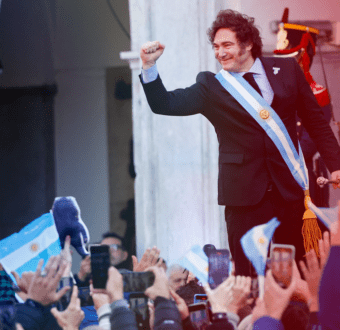
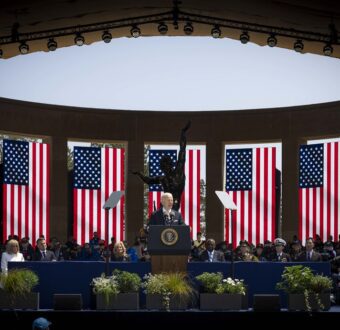
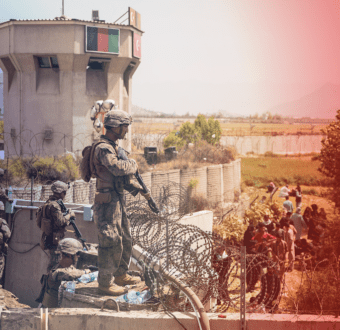
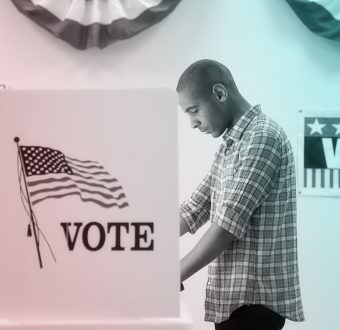

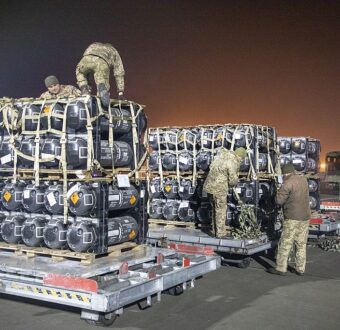
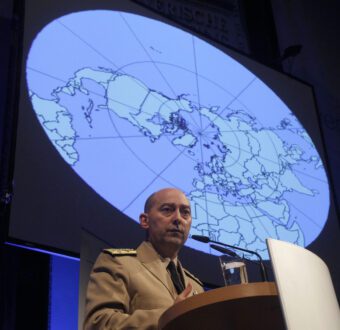





NATO at 75: What’s Its Future?